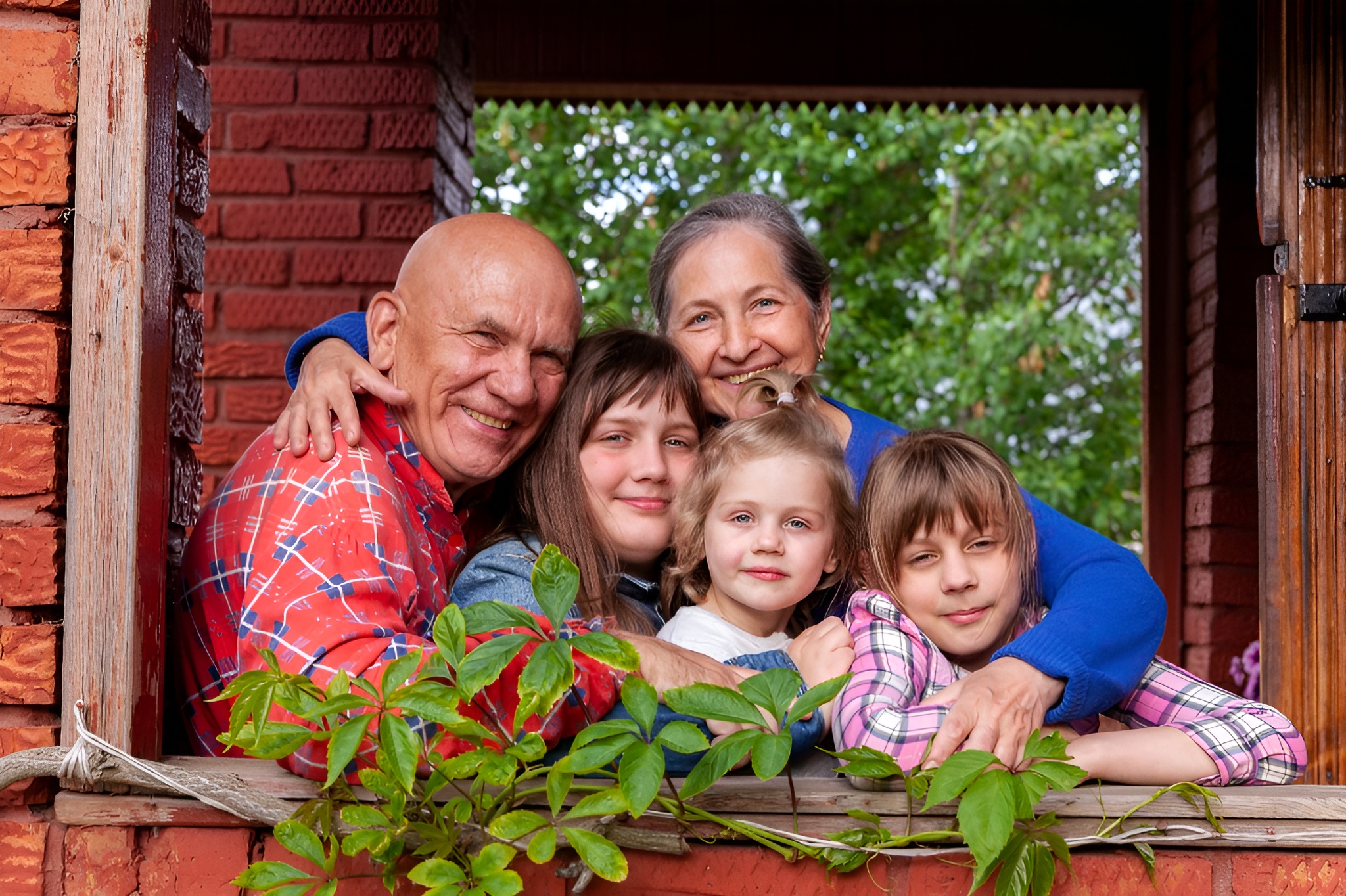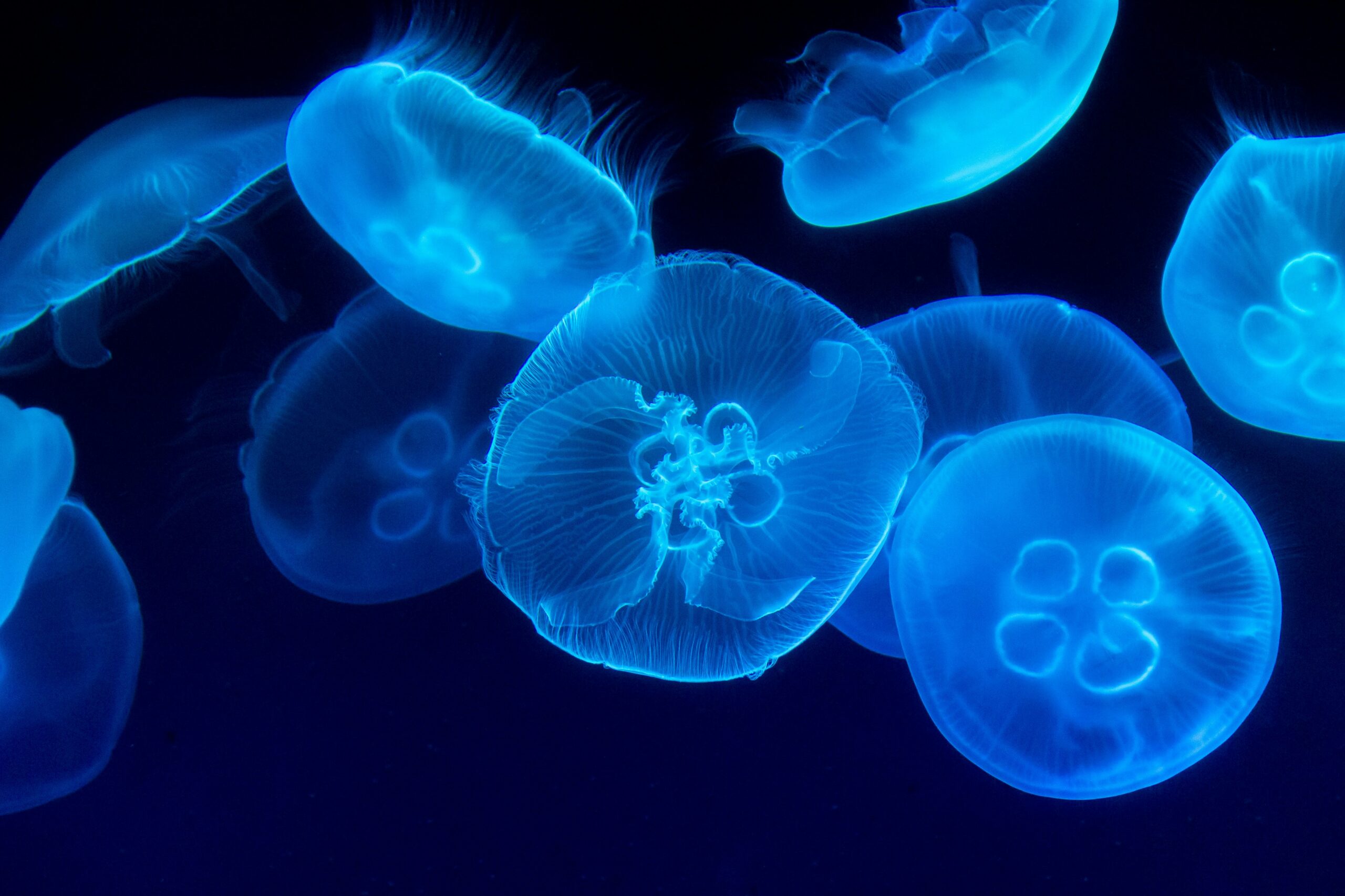The title “Which Parent Determines Longevity?” has intrigued researchers and the public alike for decades. Is it your mother or your father who has a greater influence on how long you live? The truth is, the answer lies at the intersection of genetics, lifestyle, and environmental factors. While both parents pass on crucial DNA, recent scientific findings suggest one side might carry more weight in determining lifespan potential.
The question of “which parent contributes more to longevity” explores the scientific inquiry into how maternal and paternal genetics influence human lifespan. It delves into the roles of inherited DNA—particularly mitochondrial DNA from the mother and epigenetic factors from the father—and examines how these genetic contributions affect aging, disease resistance, and overall longevity. The article also investigates how lifestyle and environmental influences interact with inherited traits, offering a holistic view of what shapes a person’s potential to live a longer, healthier life.
Longevity Genetics: What You Inherit from Both Parents
Every individual receives a nearly equal share of genetic material from each parent—23 chromosomes from the mother and 23 from the father. These chromosomes contain thousands of genes that govern everything from eye color and temperament to metabolism, immunity, and aging pathways. While both parents contribute to your genetic identity, the science of longevity goes far beyond basic inheritance. Longevity does not depend on a single gene; instead, multiple genetic and epigenetic factors interact in complex ways. The activation or silencing of longevity genes changes over time, your cells repair DNA damage, and your body fights inflammation and oxidative stress with varying efficiency. Both your maternal and paternal genetic backgrounds influence your risk for age-related diseases, but lifestyle, nutrition, stress levels, and environmental exposures largely shape their impact.
In essence, while your parents provide the biological blueprint but how that blueprint is activated and expressed throughout your lifetime is largely influenced by your choices. This interplay between heredity and lifestyle is what ultimately determines your path to healthy aging and increased lifespan.
The Maternal Influence on Longevity
One key factor that places mothers at the center of the longevity discussion is mitochondrial DNA (mtDNA). Mitochondria, often referred to as the “powerhouses” of the cell, are responsible for producing energy. They are also linked to age related disease. Unlike nuclear DNA, which comes from both parents, mtDNA is passed down exclusively from the mother. This maternally inherited DNA plays a vital role in cellular energy production, oxidative stress management, and aging. Mutations in mitochondrial genes can lead to metabolic and age-related conditions. These mutations are likely to affect how long and how well a person lives. Women generally exhibit greater life expectancy than men. Modern studies suggest they might transmit advantageous mitochondrial characteristics that support extended lifespan in their children. In addition, a mother’s health status and lifestyle behaviors during pregnancy can significantly influence the long-term wellness and longevity potential of her offspring.
Paternal Influence on Longevity
On the other hand, fathers contribute the Y chromosome in male offspring. This chromosome carries specific genetic information not found in females. The Y chromosome is limited in terms of gene content. Recent studies suggest it may still play a role in immune regulation and susceptibility to certain diseases in men. Paternal genes should not be ignored, even though maternal genetics are crucial. Moreover, fathers may influence epigenetic patterns—chemical modifications that alter gene expression—through their sperm. This is especially true when environmental exposures like smoking, diet, or stress impact sperm quality before conception.
Lifestyle and Environmental Factors
Studies have shown that genetics account for approximately 20–30% of a person’s lifespan. The remaining influence comes from environmental and lifestyle factors such as diet, physical activity, and stress management. Inheritance lays the foundation, but your daily habits often determine how you express your genes. Nutritional choices, exercise routines, exposure to toxins, social connections, and healthcare access all play significant roles. This means that even if you inherit genes associated with a longer life, unhealthy behaviors can shorten it, and vice versa. Epigenetic research suggests that positive lifestyle changes can even influence the way genes behave, potentially improving longevity across generations.
Gender Differences in Inherited Lifespan
Gender plays a meaningful role in how longevity-related genes are passed on, expressed, and impact health over a lifetime. Women consistently live longer than men across most populations—a difference shaped by both biology and genetics. Daughters inherit nuclear DNA from both parents, as do sons, but both sons and daughters receive their mitochondrial DNA exclusively from their mother. This means that while both parents contribute equally to most genetic traits related to longevity, mitochondrial influences come solely from the maternal side. Hormonal factors also contribute, with estrogen providing protective effects for women, particularly for heart and cell health. Additionally, gene expression and epigenetic influences can vary by gender, meaning inherited traits may affect males and females differently. These insights help explain why lifespan and aging patterns differ between men and women.
Conclusion
Longevity science keeps advancing. One thing remains clear—no single parent or gene determines your lifespan. Instead, your inherited DNA, daily habits, and environmental exposures interact in complex ways to shape how long you live. While it is still under investigation, emerging evidence suggests that a mother’s genes may have a slightly stronger effect on lifespan. However, maternal and paternal both genes contribute essential traits in shaping aging, disease resistance and overall health.
Understanding your genetic background in the context of which parent determines longevity can offer valuable perspective. However, the most powerful longevity strategy still lies in lifestyle choices. Balanced nutrition, regular exercise, stress reduction, and proactive healthcare are key factors in not only extending life expectancy but also enhancing quality of life. Ultimately, it’s the synergy between genetics and behavior that defines how long—and how well—you live.


